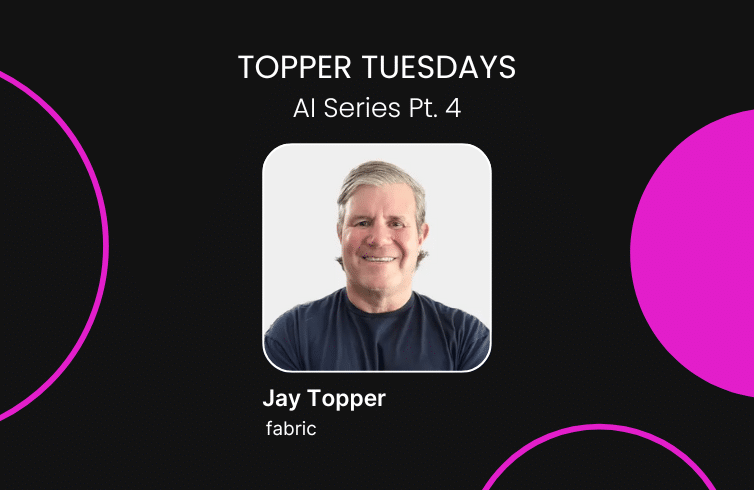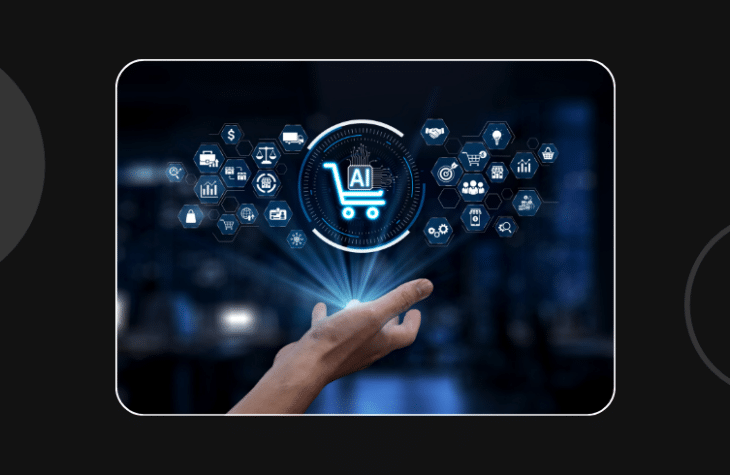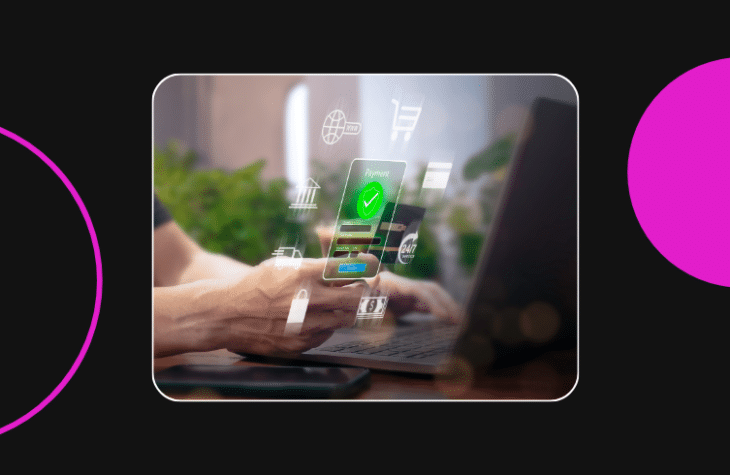Watch Out: AI Tools in the Marketplaces

Like most people, I use AI tools daily. My current go-to choices are ChatGPT and Perplexity. I rely on them for everything from figuring out settings on my “too sophisticated” digital camera to researching products before purchase, making sense of complex technology topics, and even exploring historical facts. I’ve dabbled with Copilot and Gemini, but mostly stick with the first two, mainly because I pay for them and try not to juggle more than two subscriptions at a time. Maybe I’ll reassess at renewal.
Sometimes I get a bit impatient with these tools, especially ChatGPT. There are times it misses the mark or tells me only what I want to hear. Other times, it’s overly complimentary when all I want is straightforward, critical feedback. Yet, if you push a bit and ask pointed questions, you can usually extract reliable content and perspective. Even so, my trust remains cautious.
Both OpenAI, Inc. and Perplexity AI, Inc. want to become the go-to Marketplaces of the future—not just participants, but major players. Ambitions? More like mandates. This isn’t exactly a secret in the tech world, but it’s news for many folks outside the industry. Remember when Google was new? There’s almost no scenario where Perplexity and ChatGPT—plus their competitors—won’t be major forces in shopping. In fact, they already are.
Here’s how I see this evolution unfolding:
- Now: Shopping features and experiences are already part of these platforms. Discovery and comparative analysis are easy, and they know me well. (If only the walls could talk… oh wait, they can!)
- Soon: Expect e-commerce disruption with full-funnel, highly personalized shopping experiences.
- Soon after: Monetization will accelerate, with ads, sponsorships, and every other digital tool at their disposal.
At a glance, Perplexity seems to be ahead when it comes to end-to-end shopping. They provide full-funnel experiences and have partnered with heavyweights: Shopify, PayPal, Venmo, and more. However, I still don’t find the user experience compelling—yet.
ChatGPT, meanwhile, seems to have even loftier growth goals. Publicly, they’re establishing partnerships with names like Shopify, Instacart, and Klarna. ChatGPT claimed we can expect a full-funnel beta in 2026, but honestly, I wouldn’t be shocked to see something big by Black Friday. They wouldn’t waste a perfectly good Cyber Week, would they? (Nothing like a peak launch!)
Top watch-outs for consumers and businesses
For consumers, the big issue is trust. I asked both engines about the risk of bias—about “Algorithmic Integrity”—and got some candid replies:
ChatGPT:
“My Honest View: If ads and marketplace dominate, the same slippery slope that compromised search will likely compromise AI. It’s not inevitable, but history strongly suggests the economic gravity of ad revenue will pull AI toward bias…”
Perplexity:
“Googleification of AI Search: This mirrors the trajectory of Google. What initially started as a pure search engine became increasingly commercialized, and over time, top results have become dominated by ads and sponsored placements, with organic content <secret algorithms!> pushed lower.”
For businesses, this is yet another marketing channel—one you simply can’t ignore, but also one you can’t approach without careful strategy:
- Product content will need to evolve as AI engines influence optimization—think: the next version of SEO.
- Content authority and accuracy will matter more than ever.
- Get ready for new AI commerce attribution headaches. Attribution is already tough.
- Direct product feeds will be table stakes—companies are already emerging to help retailers adapt.
- A “test, measure, and learn” approach fits, as with every new channel.
What’s the biggest risk for companies? Once again, I went back to the source:
ChatGPT:
“The biggest risk for companies when AI engines like ChatGPT and Perplexity become primetime marketplaces is losing control over the customer relationship—from discovery to purchase—while being commoditized and disintermediated in the process.”
Perplexity:
“The biggest risk to retailers when AI engines like ChatGPT and Perplexity become primetime as full-funnel marketplaces is losing control over the customer relationship and becoming a backend “taxed” supplier to AI-driven front ends. Essentially, these AI platforms can act as the new dominant shopping interface where consumers start their purchase journey, potentially bypassing traditional retailer websites and apps. This shift means retailers risk being relegated to suppliers behind the scenes while the AI marketplaces control customer data, interaction, and sales flow, often demanding a share of revenue or a listing “tax” that cuts into retailer margins.”
So, marketplaces powered by AI are coming. Is it exciting? Absolutely. New is always fun. But nothing about this shift will be simple: expect some erosion of trust, more complexity in content strategy, new integration headaches, fresh attribution challenges, and—perhaps most critical—real risks to your ability to manage customer relationships and data. In the words of Benjamin Franklin: “By failing to prepare, you are preparing to fail.”
—
As AI tools evolve into commerce front doors, staying in control of your operations isn’t optional—it’s survival. fabric’s AI-powered OMS gives you control with real-time inventory, Smart Order Routing, and seamless fulfillment across every channel, so you’re not left guessing when AI marketplaces come knocking. Request a demo and take back control—from chaos to choice.

Advisor @ fabric






